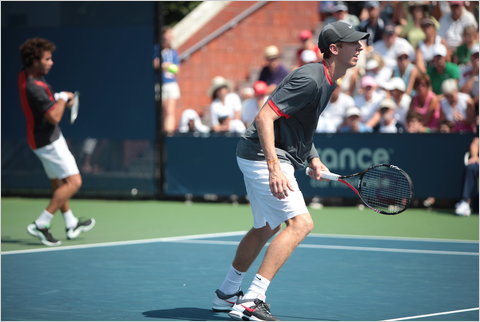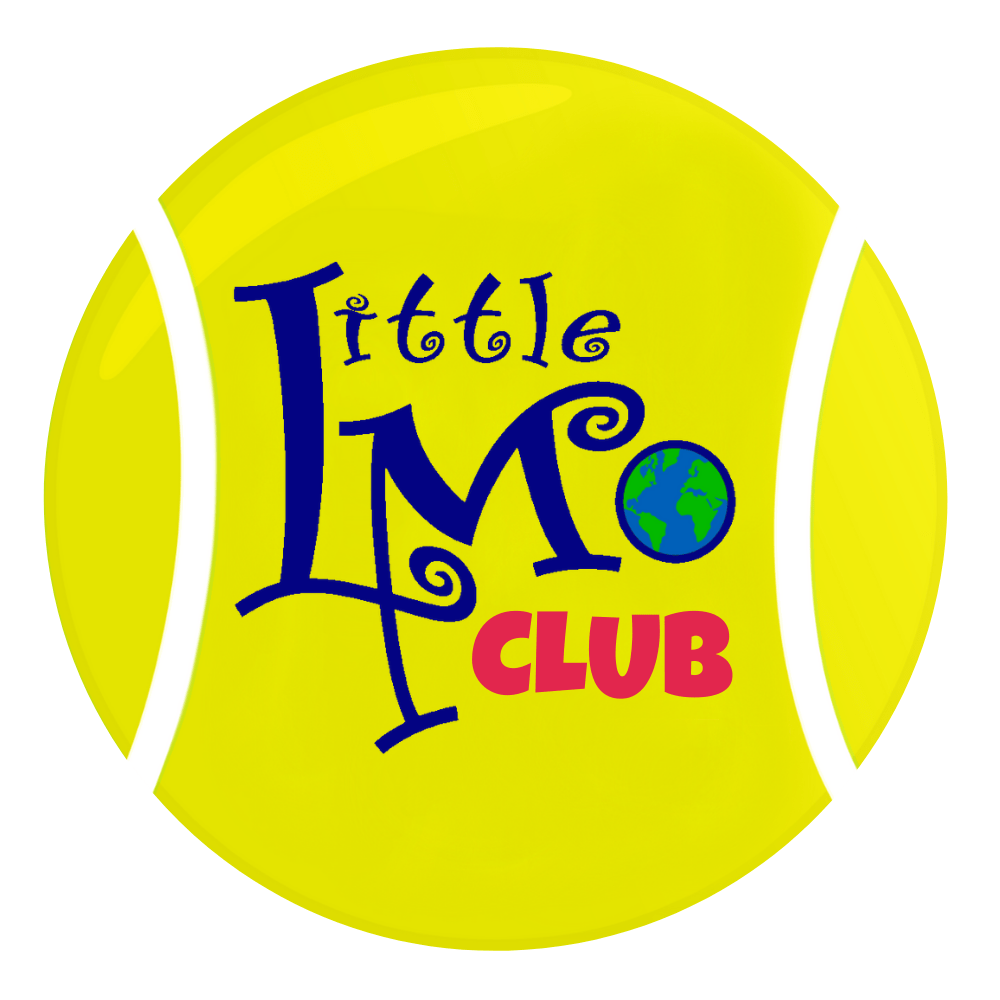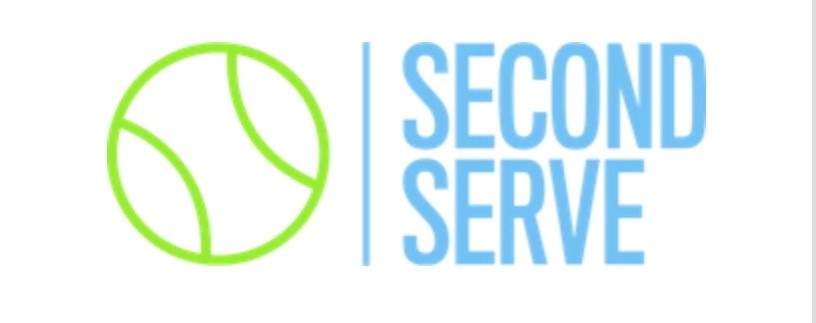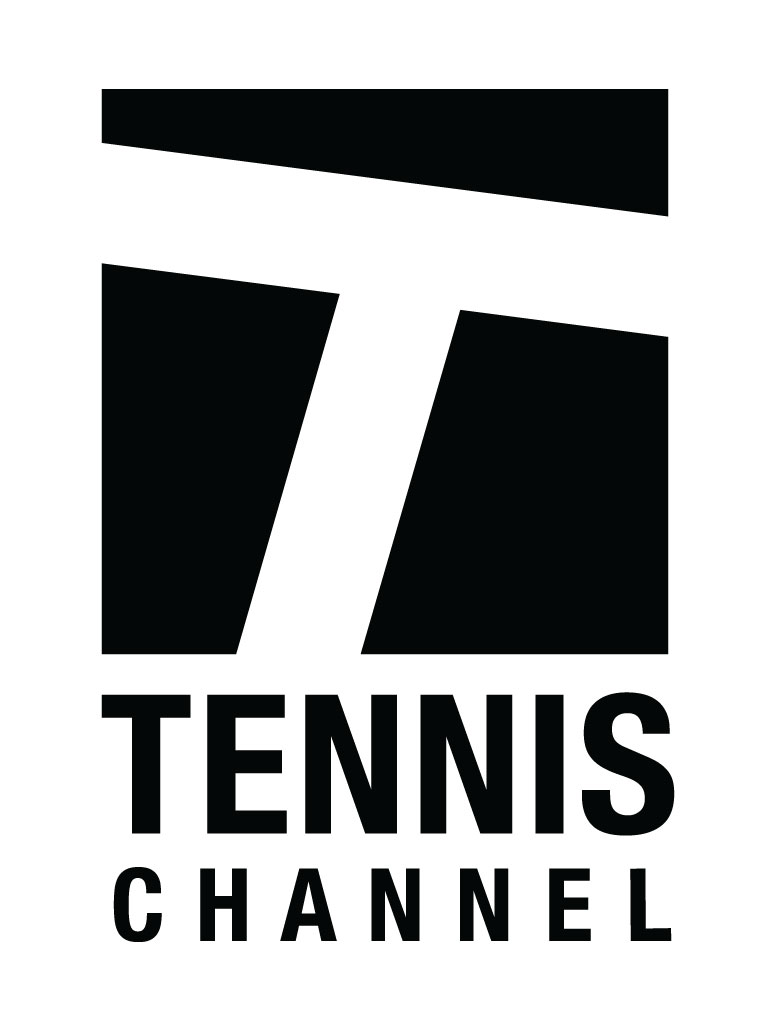Eric Butorac is the ATP Player Council president and an accomplished doubles specialist. Eric’s tennis journey started in a small Minnesota town and has taken him to tennis’ top level circuit. His story has been in some ways cliche, at times unbelievable, and for many quite unexpected. Here is the first in a series of accounts shared by Eric.
I want to quit tennis
As a junior player, I was ranked no. 7 in the state of Minnesota. Who really cares, right? Well, I guess I did. At that age, my tennis success was tied directly to my happiness. If I won a weekend tournament, I walked into school on Monday with my head held high. If the tournament didn’t go so well, I hardly wanted to go to school. I stressed about wins, losses, and especially the rankings. I was 12 years old.
After a long drive home with my mom from a national tournament in Oklahoma, I had a moment of clarity; I wanted to quit. I didn’t want to spend my weekends driving across the state, only to stress out about my matches, be cheated by other teenagers, and on many occasions end up leaving the court in tears.
I spent the next two years playing no sectional tournaments and definitely no national ones. I went to to my local club and played for fun with my friends. I played doubles on the weekend with my dad’s group of 40 year-old men, and occasionally I played a local club tournament. I didn’t care where my absence left my sectional ranking, but it didn’t matter because I was playing tennis for the experience, not for the result.
When I eventually came back to USTA events at age 15, I realized two things. First, I was no longer just a good player in the section; I was now one of the best. Playing at home had developed my overall game—and maybe more importantly, my approach to the game—beyond those of the kids who were racing around the country chasing points. Second, I was now playing on my terms—not for the points or the coveted top spot in our section. I was playing because I’d re-learned how much I loved the game, and because I wanted to be out there. I still followed my ranking, but now it was a gauge to monitor my progress as opposed to a source of stress.

A lot of kids deal with the stress of junior rankings, but I don’t think it’s talked about. Kids just assume that’s the way it has to be. It took my literally walking away from them to find the proper balance.
If you ever had a moment where the stress of junior tennis almost drove you to quitting, I encourage you to share below.
You can follow Eric Butorac on Facebook, Instagram or Twitter.
Coming soon from Eric Butorac: For the Love of the Game
While you wait for the next in the series of articles from Eric, have a listen to his recent interview with Sports Illustrated.












